Sufjan Stevens - Seven Swans (Deluxe Edition) (2024)
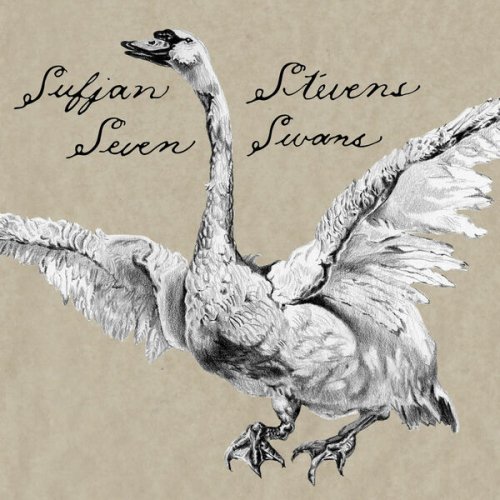
Artist: Sufjan Stevens
Title: Seven Swans (Deluxe Edition)
Year Of Release: 2004
Label: Asthmatic Kitty
Genre: Indie Folk, Singer-Songwriter
Quality: Mp3 320 kbps / FLAC (tracks)
Total Time: 53:53
Total Size: 127 / 301 MB
WebSite: Album Preview
Tracklist:Title: Seven Swans (Deluxe Edition)
Year Of Release: 2004
Label: Asthmatic Kitty
Genre: Indie Folk, Singer-Songwriter
Quality: Mp3 320 kbps / FLAC (tracks)
Total Time: 53:53
Total Size: 127 / 301 MB
WebSite: Album Preview
1. All the Trees of the Field Will Clap Their Hands (4:14)
2. The Dress Looks Nice on You (2:32)
3. In the Devil's Territory (4:58)
4. To Be Alone With You (2:48)
5. Abraham (2:34)
6. Sister (6:01)
7. Size Too Small (3:05)
8. We Won't Need Legs To Stand (2:16)
9. A Good Man Is Hard to Find (3:16)
10. He Woke Me Up Again (2:43)
11. Seven Swans (6:33)
12. The Transfiguration (5:19)
13. I Went Dancing With My Sister (4:22)
14. Waste of What Your Kids Won't Have (3:18)
The follow-up to 2003’s Michigan, Sufjan Stevens’ Seven Swans was originally released on the 16th of March 2004. At the time the Guardian dubbed it “a record of remarkable delicacy,” and Billboard called it a “consistently moving, subtly beautiful experience.” And in the twenty years since its release, Seven Swans has cemented its place as a seminal album in Sufjan's catalog.
To celebrate the 20th anniversary of this beloved record, AKR is delighted to release an expanded deluxe physical package. The music is delivered on a beautifully animated zoetrope disc, created in collaboration with Stephen Halker and Drew Tetz. Also included in the package is a flexi disc featuring two bonus tracks, "I Went Dancing With My Sister" and "Waste Of What Your Kids Won't Have," both previously released on 7" but which have long been out of press. The LP jacket has also received special treatment--the text and the swan on the front have been embossed and hit with a spot gloss finish for added pop.
The delicate folk songs of Sufjan’s Seven Swans occupy a singular space in Sufjan’s catalog. The quiet, psalm-like music arrived less than a year after his 2003 breakthrough album, Michigan and his much-publicized announcement to write an album for each of the 50 states. Just as wider audiences were becoming acquainted with the ever-evolving artist—who had, by this point, released a lo-fi folk-pop collage (2000’s A Sun Came), a Zodiac-inspired electronic suite (2001’s Enjoy Your Rabbit), and a grand, orchestral epic to kickstart his exploration of the country (Michigan)—he re-introduced himself in hushed tones.
For Stevens, Seven Swans has remained a work in constant motion, something to revisit and reinvent at each stage in his evolution. 20-years after its initial release, it marks a definitive moment in the artist's body of work. With an atmosphere that feels equally cozy and cosmic, the album is carried by the refined pluck of Stevens’ banjo and acoustic guitar, the confessional tug of his voice, the tension of his melodies, and the profound questions of devotion and doubt that drive his songwriting to this day.
In the years since its release, Stevens himself has frequently reinterpreted this material over the years. If you caught his 2006 tour with the “Illinoisemakers” band, you may have seen him emerge on stage with wings affixed to his back, leading his accompanists through an electric, Crazy Horse-style overture that comprises more than half the runtime of “Sister.” On the technicolor live shows behind 2011’s noise-pop overhaul The Age of Adz, Stevens opened his sets with Seven Swans’ bracing title track, embellishing its operatic arc with newfound drama and theatrics.
Despite cultivating a vast influence that spans genres, Seven Swans is defined by its sense of intimacy. Think of it as Stevens’ self-penned book of prayer, a talisman that’s never been far from reach. Listening to Seven Swans leaves us with enough hope, mystery, and wisdom to make it feel alive and exalting whenever we return.
To celebrate the 20th anniversary of this beloved record, AKR is delighted to release an expanded deluxe physical package. The music is delivered on a beautifully animated zoetrope disc, created in collaboration with Stephen Halker and Drew Tetz. Also included in the package is a flexi disc featuring two bonus tracks, "I Went Dancing With My Sister" and "Waste Of What Your Kids Won't Have," both previously released on 7" but which have long been out of press. The LP jacket has also received special treatment--the text and the swan on the front have been embossed and hit with a spot gloss finish for added pop.
The delicate folk songs of Sufjan’s Seven Swans occupy a singular space in Sufjan’s catalog. The quiet, psalm-like music arrived less than a year after his 2003 breakthrough album, Michigan and his much-publicized announcement to write an album for each of the 50 states. Just as wider audiences were becoming acquainted with the ever-evolving artist—who had, by this point, released a lo-fi folk-pop collage (2000’s A Sun Came), a Zodiac-inspired electronic suite (2001’s Enjoy Your Rabbit), and a grand, orchestral epic to kickstart his exploration of the country (Michigan)—he re-introduced himself in hushed tones.
For Stevens, Seven Swans has remained a work in constant motion, something to revisit and reinvent at each stage in his evolution. 20-years after its initial release, it marks a definitive moment in the artist's body of work. With an atmosphere that feels equally cozy and cosmic, the album is carried by the refined pluck of Stevens’ banjo and acoustic guitar, the confessional tug of his voice, the tension of his melodies, and the profound questions of devotion and doubt that drive his songwriting to this day.
In the years since its release, Stevens himself has frequently reinterpreted this material over the years. If you caught his 2006 tour with the “Illinoisemakers” band, you may have seen him emerge on stage with wings affixed to his back, leading his accompanists through an electric, Crazy Horse-style overture that comprises more than half the runtime of “Sister.” On the technicolor live shows behind 2011’s noise-pop overhaul The Age of Adz, Stevens opened his sets with Seven Swans’ bracing title track, embellishing its operatic arc with newfound drama and theatrics.
Despite cultivating a vast influence that spans genres, Seven Swans is defined by its sense of intimacy. Think of it as Stevens’ self-penned book of prayer, a talisman that’s never been far from reach. Listening to Seven Swans leaves us with enough hope, mystery, and wisdom to make it feel alive and exalting whenever we return.
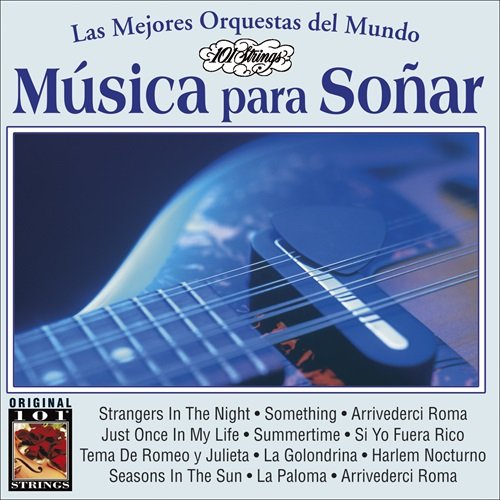
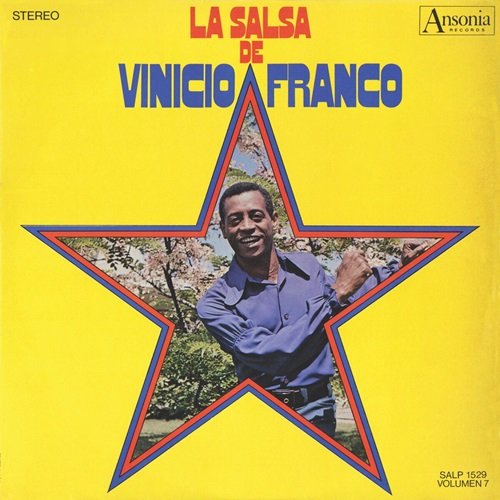
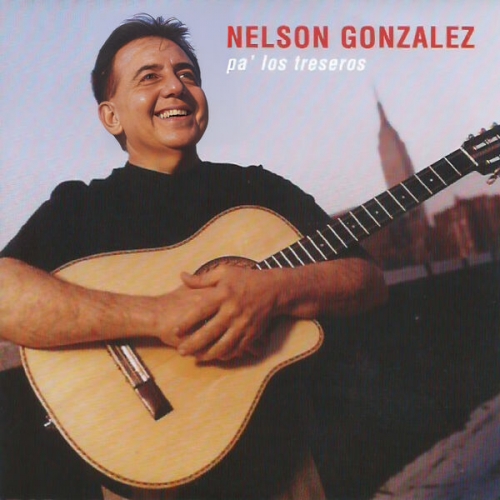
![Booker Stardrum - Close-up On The Outside (2026) [Hi-Res] Booker Stardrum - Close-up On The Outside (2026) [Hi-Res]](https://img.israbox.com/img/2026-02/26/hpg09p4i0w4yrzyjek6j087fv.jpg)

![Larry Coryell - Major Jazz Minor Blues (1998) [CDRip] Larry Coryell - Major Jazz Minor Blues (1998) [CDRip]](https://www.dibpic.com/uploads/posts/2026-02/1771860317_5.jpg)
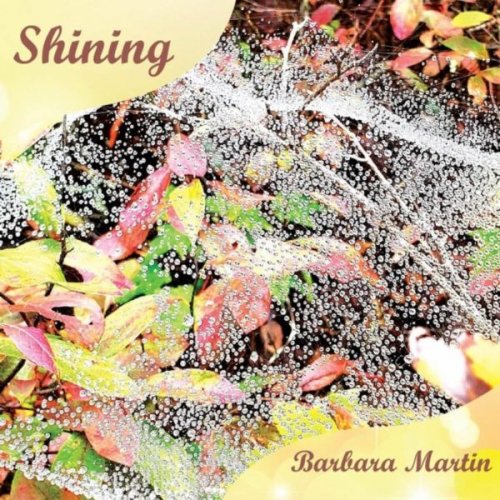
![Ex Novo Ensemble - Claudio Ambrosini: Chamber Music (2020) [Hi-Res] Ex Novo Ensemble - Claudio Ambrosini: Chamber Music (2020) [Hi-Res]](https://img.israbox.com/img/2026-02/22/z541qb9ul4q390uxlw1d9iak3.jpg)
![Double Drums, Philipp Jungk & Alexander Glöggler - All You Can Beat (2026) [Hi-Res] Double Drums, Philipp Jungk & Alexander Glöggler - All You Can Beat (2026) [Hi-Res]](https://www.dibpic.com/uploads/posts/2026-02/1771946421_folder.jpg)